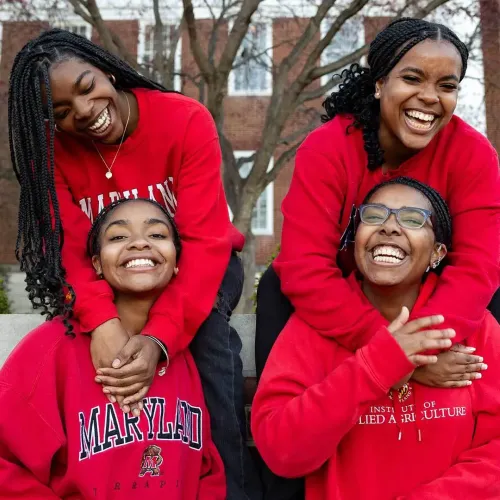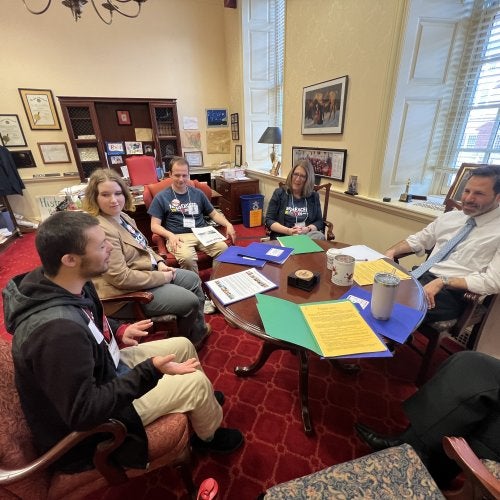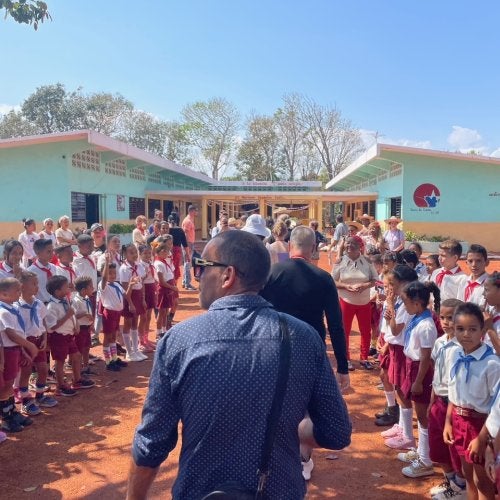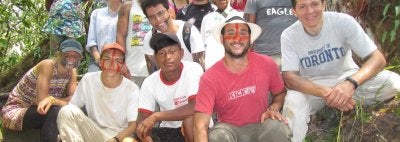

COE Doctoral Student Matt Aruch Featured by Graduate School
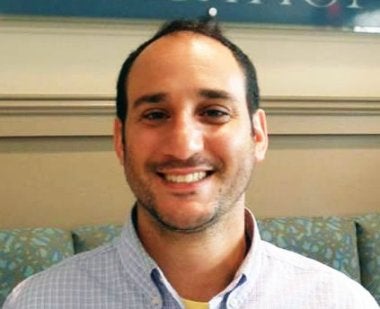
In 2015, doctoral student Matthew Aruch was traveling in a boat from the Pinkaiti Research Station in Brazil to A’ukre village in the Kayapó Indigenous Territory (TIK) of Pará, Brazil. The vessel was filled with people from all walks of life, and yet there was lots of lively, and harmonious conversation.
“There were Kayapó, anthropologists, conservation biologists, students, and interns from universities, and NGOs from the United States, Canada, Brazil, and Europe. Some were in the Kayapó area for the first time. Others had been working there for more than 20 years. I wondered where all these people had come from, and why they were there,” remembers Aruch, a student in the international education policy program.
Aruch was impressed, and fascinated by the transnational, and multicultural collaboration within what he has termed the 'Pinkaiti Partnership' – a slice of the larger Kayapó Project’s ecosystem. He decided to probe the nature, and evolution of this alliance – and, if it might not be a model for comparable collaboration between various entities, and indigenous people. For this line of research, Aruch was recently awarded a Fulbright Fellowship. Over the course of 9 months, the funding will allow him to explore the past, present, and future of the Pinkaiti Partnership from the perspective of its various stakeholders - the Kayapó community, NGOs, universities, governmental agencies, and institutions. With written approval from the indigenous leadership, Aruch’s research will take him to the city of Tucumã, and the village of A’ukre.
